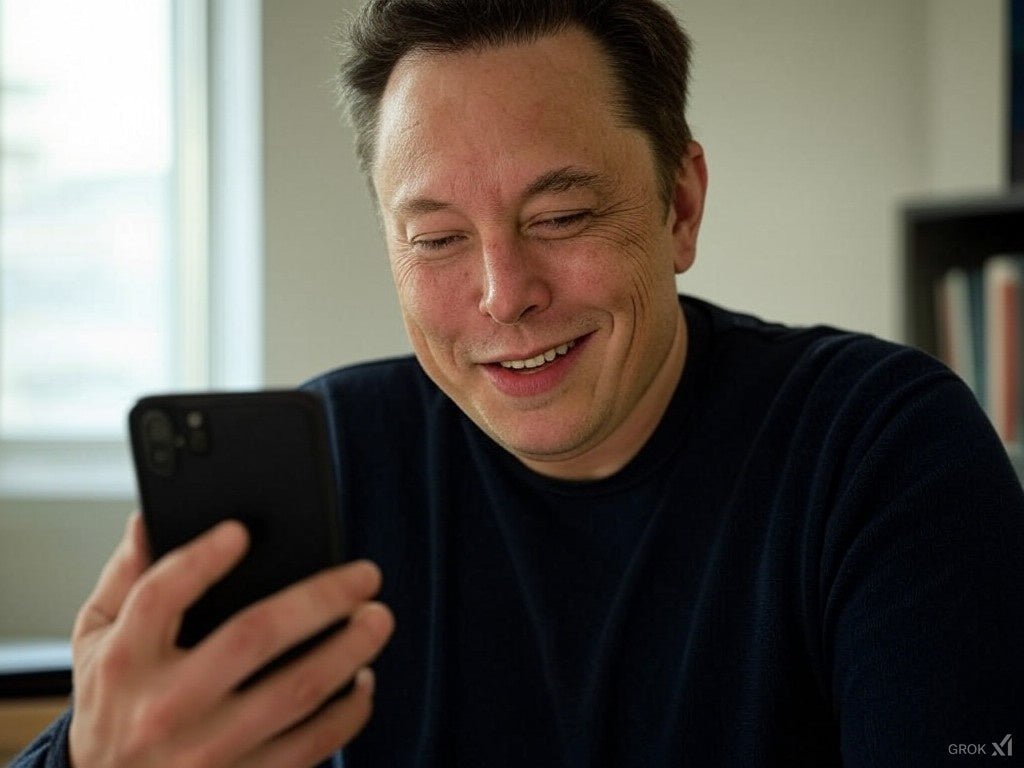Elon Musk, the visionary entrepreneur known for his audacious goals in space exploration, recently took to X to express his disdain for Earth being a "lame one-planet civilization." His post, "we just can't be one of those lame one--planet civilizations," reflects a desire for humanity to expand beyond our blue marble into the vastness of space. However, this ambition might be tempered by a less discussed narrative: one where Earth's history of shooting down unidentified flying objects (UFOs) and conducting experiments on what are believed to be "alien" bodies—actually higher evolved beings—has left us in cosmic isolation.
The Ambition for Multi-Planetary Existence
Musk's vision for SpaceX has always been clear: to make life multi-planetary. His projects like Starlink, Starship, and the Mars colonization plan are all steps towards this goal. But what if this journey is not just about technological capability but also about interstellar diplomacy?
A History of Hostility?
- UFO Incidents: There's a documented history, albeit often shrouded in conspiracy and secrecy, of governments around the world interacting with UFOs in ways that are less than hospitable. From the Roswell incident to more recent claims by military personnel, there's a narrative that Earth has not been the most welcoming host to extraterrestrial visitors.
- Alleged Experimentation: Folklore and some declassified documents suggest that not only have UFOs been shot down, but the beings within, often described as more advanced than humans, have been subjects of study rather than ambassadors of peace. This could paint humanity in a very unflattering light in the eyes of a galactic community.
The Consequences of Earth's Actions
- Isolation: If these stories hold truth, our actions might have isolated us from the very civilizations we're eager to join or at least learn from. Imagine an interstellar scenario where Earth is akin to the black sheep of the cosmic neighborhood, unwelcome at the galactic gatherings due to our past behaviors.
- Moral and Ethical Backlash: The ethical implications of treating advanced beings as specimens rather than equals could have long-lasting effects on our reputation beyond our solar system.
Musk's Dilemma
- A Dream Deferred: For someone like Musk, whose life's work is centered around expanding human presence in space, the reality that other civilizations might not welcome us due to our past actions could be a significant setback. His dream of humans mingling with other species in space might face an unexpected barrier.
- Survival on Earth: The humorous twist of "Sorry, not sorry" in the context of this post suggests a resigned acceptance that Earth might be the only home humanity has left. If other planets are indeed off-limits or hostile due to our historical actions, then Musk's vision of a multi-planetary species might be confined to theoretical discussions or limited to uninhabited planets.
Looking Forward
- Redemption and Diplomacy: If there's any hope for changing our status in the cosmic community, it lies in redemption. Perhaps, through acts of diplomacy, transparency about our past, and a genuine commitment to peace, we could begin to mend our interstellar relations.
- Technological and Ethical Growth: Musk's push for space exploration should be paired with an equally strong push for ethical conduct in space. Learning from our past, we could advocate for a policy of peace and cooperation, ensuring that future encounters with unknown beings are handled with the respect and curiosity they deserve.
- The Role of Leaders: Visionaries like Musk have a unique opportunity to lead not just in technology but in setting the moral compass for humanity's journey into space. By advocating for a change in how we approach the unknown, they can help rewrite our narrative from one of hostility to one of harmony.
Elon Musk's ambition for a multi-planetary civilization is noble, but it might be met with a reality check if the stories of our interactions with extraterrestrial beings hold any weight. We are at a crossroads where our actions can either lead to further isolation or open the door to interstellar friendship. Whether or not Musk and humanity can transcend our "lame one-planet civilization" status depends not just on our rockets but on our readiness to evolve ethically alongside our technological advancements. Until then, perhaps we'll have to make do with Earth, learning to cherish it more, for it might be our only home for a while longer.








Share:
Neuralink: The Sci-Fi Reality of Tracking Every Twitch and Beat
Revolutionizing Plastic Surgery, Military, and Intelligence With Embedded Thread Technology